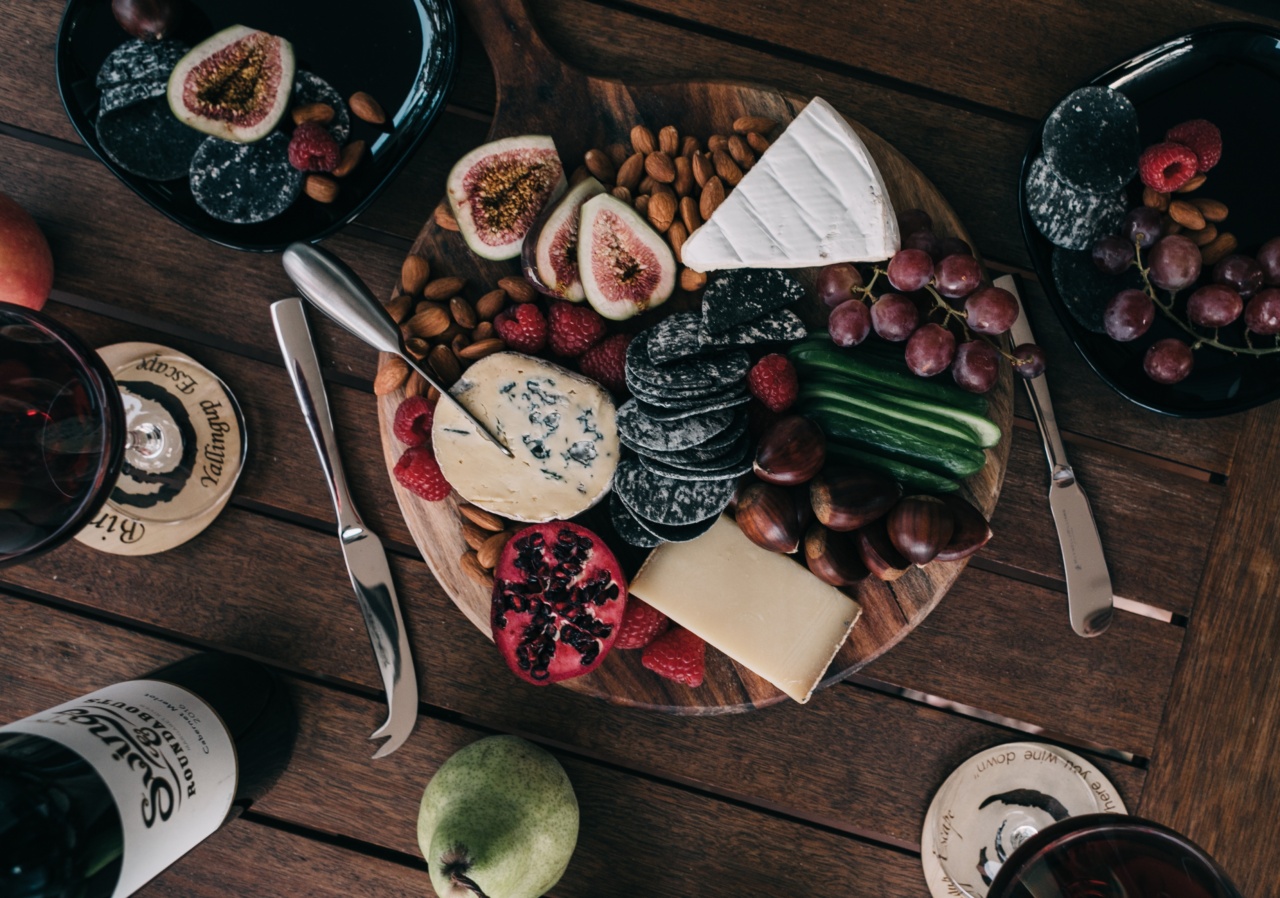It’s a common scenario – you’re out for a night of socializing, enjoying a few drinks with friends, when suddenly the overwhelming craving for greasy, high-fat snacks hits.
Whether it’s French fries, onion rings, or a juicy burger, these cravings seem to go hand in hand with consuming alcohol. But what exactly is the reason behind this phenomenon? Let’s dig deeper into the science to better understand why we crave greasy snacks when we consume alcohol.
The Science Behind Alcohol and Cravings
There are several scientific explanations for why alcohol triggers these intense cravings for greasy snacks. One of the main factors is the effect alcohol has on our brain’s reward system.
When we consume alcohol, it stimulates the release of dopamine, a neurotransmitter associated with pleasure and reward. This dopamine surge reinforces the positive feelings associated with drinking, making us more likely to engage in behaviors that we associate with pleasure – such as indulging in high-fat foods.
Additionally, alcohol can impair the part of our brain responsible for self-control and decision-making, the prefrontal cortex. When this area is compromised, it becomes easier to give in to our cravings and make impulsive, less healthy choices.
This explains why we often find ourselves reaching for those greasy snacks without much thought or hesitation.
Alcohol’s Effect on Blood Sugar Levels
Another reason behind our craving for greasy snacks while drinking alcohol is its impact on blood sugar levels. Alcohol is quickly absorbed into our bloodstream, causing a sudden spike in blood sugar levels.
In response, our body releases insulin to help regulate these levels. However, insulin can overshoot and cause a subsequent drop in blood sugar levels.
This drop in blood sugar can leave us feeling hungry and craving quick sources of energy, such as high-fat, greasy snacks.
Our body wants to replenish the energy it just lost, and since alcohol is devoid of nutrients, the brain signals a desire for fatty foods to fulfill this immediate energy need.
The Role of Dehydration
Alcohol is a known diuretic, meaning it increases urine production and leads to dehydration. Dehydration can affect our body’s electrolyte balance and impair our sense of thirst, making us feel hungrier than we actually are.
The sensation of hunger can often be mistaken for thirst, leading us to seek out high-fat, salty snacks rather than rehydrating with water.
Moreover, dehydration can also disrupt the normal functioning of the hypothalamus, the part of our brain that regulates hunger and satiety signals.
This disruption can make us more susceptible to overeating, especially when it comes to calorically dense foods like greasy snacks.
Social and Environmental Factors
It’s important to consider the social and environmental factors that contribute to our craving for greasy snacks while consuming alcohol.
Many social settings where alcohol is consumed also involve easy access to a variety of indulgent, high-fat foods. Whether it’s a bar, a pub, or a late-night food truck, these venues often offer an array of greasy snacks that are conveniently available during moments of increased hunger.
Furthermore, alcohol may lower inhibitions and weaken our self-control, making it more likely for us to give in to these tempting food options.
The social acceptance and normalization of indulging in high-fat foods while drinking alcohol can also play a role in triggering these cravings.
Managing Alcohol-Induced Cravings
While it’s normal to experience cravings for greasy snacks when consuming alcohol, it’s important to make mindful choices to maintain a healthy balance. Here are some helpful tips to manage alcohol-induced cravings:.
1. Plan Ahead
Before going out, plan to have a balanced meal that includes proteins, healthy fats, and complex carbohydrates. A meal rich in nutrients can help reduce the intensity of cravings and keep you feeling satisfied.
2. Stay Hydrated
Since alcohol can lead to dehydration, it’s essential to drink plenty of water throughout the night. Staying hydrated can help curb excessive hunger and reduce the chances of mistaking thirst for cravings.
3. Opt for Healthier Snacks
If greasy snacks are your go-to choice, try finding healthier alternatives. For example, instead of French fries, opt for baked sweet potato wedges or air-popped popcorn. These choices provide a crunch while being lower in fat and calories.
4. Practice Mindful Eating
Be conscious of your food choices and eat slowly, savoring every bite. Mindful eating can help you recognize when you’re satisfied and prevent overindulgence in high-fat snacks.
5. Prioritize Nourishing Foods
Ensure that you’re consuming a balanced and nutritious diet overall.
By incorporating plenty of fruits, vegetables, lean proteins, and whole grains into your meals, you’ll improve your overall health and reduce the urge to rely on greasy snacks.
6. Seek Support
If you find it challenging to manage alcohol-induced cravings, consider seeking support from a healthcare professional or a registered dietitian. They can provide personalized guidance and strategies to help you make healthier choices.
Conclusion
The cravings for greasy snacks that accompany alcohol consumption have both scientific and social explanations.
The impact of alcohol on our brain’s reward system, its effect on blood sugar levels, dehydration, and environmental factors all contribute to these intense cravings. While it can be challenging to resist these temptations, being mindful of our choices, planning ahead, and prioritizing nourishing foods can help us manage these cravings and make healthier choices.






























